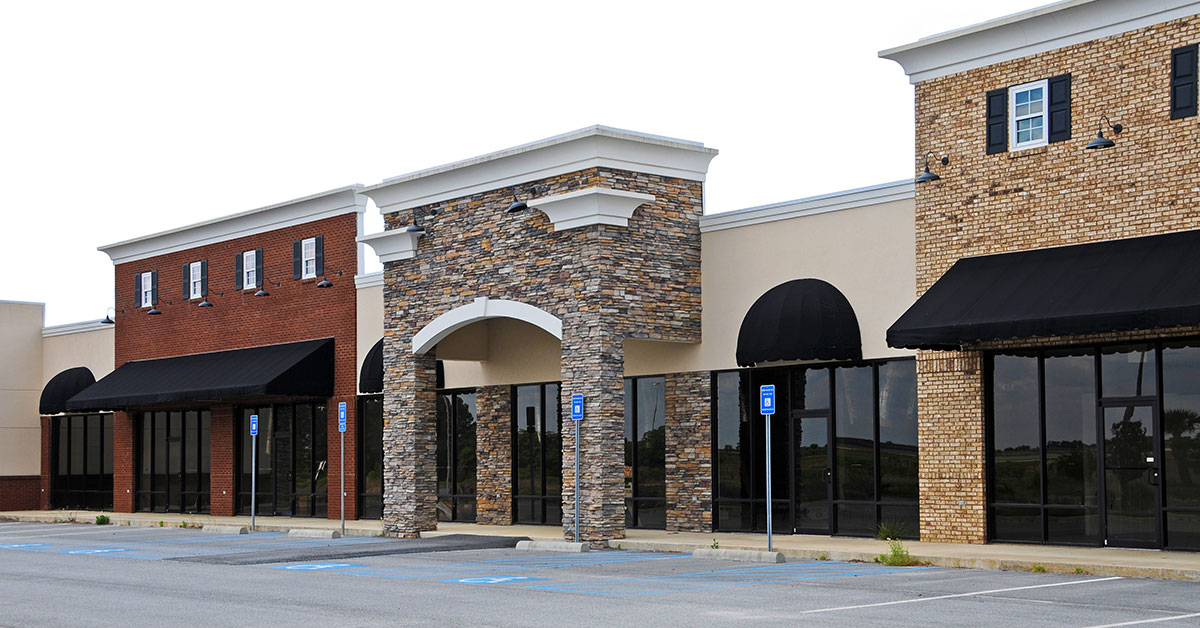
How Does a Home Equity Loan Work?
Home equity loans are an attractive financing option for many homeowners. They allow you to borrow against the equity you’ve built up in your home to fund various ventures, such as home improvements, debt consolidation, or even important purchases. Before you tap into your property’s value though, you’ll need to educate yourself on what a home equity loan is and if it’s the right choice for you.
What is a Home Equity Loan?
A home equity loan is designed to let you borrow against the equity built up in your home. That equity is the difference between the current market value of your home and the outstanding balance of your mortgage.
Once approved for a home equity loan, you’ll receive a lump sum of money from the lender that you’ll have to repay with interest.
Types of Home Equity Loans
When tapping into your home’s value, you have two options: a home equity loan or a home equity line of credit (HELOC). Both are borrowing against the value of your home, but they differ in their interest rates.
A traditional home equity loan will have a fixed interest rate that doesn’t change throughout the life of the loan. A HELOC usually has a variable interest rate, which changes with the market.
Having a fixed interest rate is good for stability and predictability in your payments despite what the market does. Having a variable interest rate is riskier but can be advantageous if interest rates are indicating they’ll decrease in a year or so.
Benefits of Home Equity Loans
Because the home is acting as collateral for the home equity loan, lenders consider it to be more secure than other types of loans and are willing to give you more favorable terms and lower interest rates. And those interest rates might be tax deductible if used for home improvements.
A home equity loan also gives you access to significantly higher sums of money to fund larger purchases.
Drawbacks of Home Equity Loans
The biggest risk with a home equity loan is you’re putting your home up for collateral. If you’re unable to repay the loan, the lender can foreclose on your house, and a foreclosure will do significant harm to your credit score. Having a lower credit score will make it harder to secure other loans.
With every home equity loan, there are fees due at closing. This includes:
- Closing costs
- Origination fees
- Appraisal fees
Some financial institutions will offer no closing costs, so be sure to look out for deals.
If your home’s value decreases, you’ll run the risk of the loan balances being higher than the value of the home, leaving you upside down or underwater on your mortgage.
Also, borrowing against your home’s value is taking something that you own and converting it into something you owe, which adds to your overall debt burden.
Applying for a Home Equity Loan
Before you think about applying for a home equity loan, it’s important to have equity built up into your home. If you’ve just bought the house without a large down payment, the funds you’ll have available might not be enough to justify the loan. Keep in mind, lenders won’t let you borrow 100% of your home’s value. Generally, there’s a cap of 80%. So, if you’ve built up $100,000 in your home, you can only access up to $80,000.
If you feel confident in the value built up in your home, the next thing to check is your credit score. A soft check will not hurt your overall score. Most financial institutions look for a credit score of 620 or higher. The higher your credit score, the more favorable terms you’ll get.
You’ll also want to assess your debt-to-income ratio. This is your gross monthly income compared to your monthly debt payments, which lenders will use to determine your credit worthiness. To calculate: add up all your monthly debt and divide by your total gross monthly income, then multiply by 100. This will give you a percentage. It’s recommended that percentage is at or below 43%.
Next, check out the financial institutions in your area to see what their current offers are. When researching different lender offers, make sure to look for the lowest interest rates, and if they come with no closing costs.
Once you’ve decided on a lender, gather your necessary documentation that includes:
- Proof of identity
- Documentation on income and assets
- Tax returns
- Pay stubs
- W-2s
Applying and getting approved by a lender is great, but you’ll also need to get a home appraisal done to determine the value of your home. This is something you’ll likely pay for, and it’ll cost between $500 and $600. The application process also involves the lender doing a hard check on your credit score, which will temporarily lower it by a few points.
Once everything goes though, you’ll close on the loan (this is where no closing costs is helpful), and you’ll receive the lump sum. The whole process can take between 2-6 weeks from application to funding.
Reasons to take out a Home Equity Loan
The primary reason to take out a home equity loan is to add value to your home. This means financing home renovations, making home improvements, or upgrading your home in some way.
Do not use a home equity loan for speculative or discretionary spending. That’s why we recommend using any funds to increase the value of your home, to safeguard against any negative outcomes.
What is the First Step to Getting a Home Equity Loan?
Home equity loans are a powerful financial tool for homeowners to access substantial funds. Understanding how they work, their benefits, and potential drawbacks will help you make informed decisions. If you’re ready to move forward with your options, speak to one of our mortgage advisors at Community First Credit Union. We’ll find the best fit for your needs. Together, we can achieve your financial goals.









